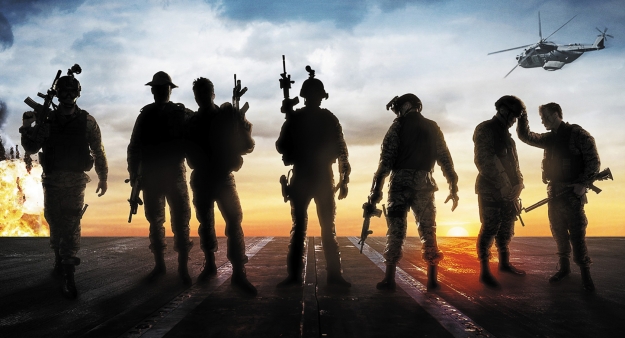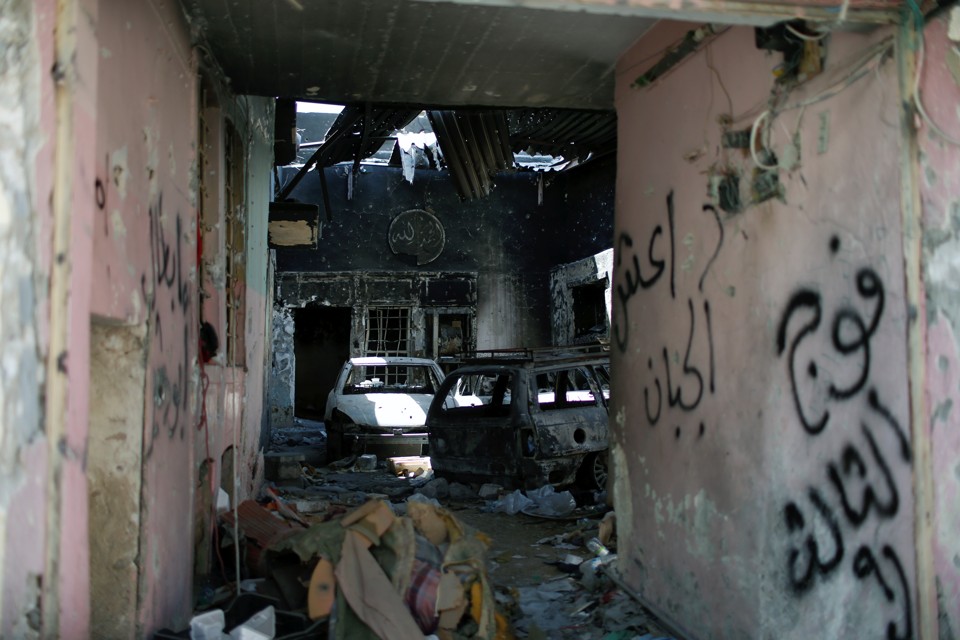Afghanistan is transitioning from one crisis to another. It has moved from being a place where extremists coexisted and used terrorism to gain a political voice on a national and international scale, to a place where radical ideologues are fighting for dominance and external powers’ priorities diverge. This raises questions about India’s long-standing approach to the country.
India’s Afghanistan policy, especially after the 1979 Soviet invasion, has worked on the premise that an external friendly power would do the heavy lifting in Afghanistan’s security and political sector. India, meanwhile, would invest in soft sectors, such as infrastructure development, and would limit its involvement in the security domain. In the 1990s, India’s Afghanistan policy was tied to Iran and Russia, and a regional alignment between the three states was strategically viable. Though the states had differences, they supported the United Front of the so-called Northern Alliance against the Taliban. This allowed India to avoid direct involvement in the conflict.
That was potentially an acceptable choice when other major actors involved were behaving in line with India’s interests and aims. But today, the context is different. Russia’s and Iran’s approaches are no longer in accord with India’s. Russia’s ongoing outreach to the Afghan Taliban and Pakistan has raised concerns that Moscow could be deviating from earlier approaches that it had shared with India. Moscow and Tehran are challenging India’s advocacy of an Afghan-led, Afghan-owned, and Afghan-controlled reconciliation process. India relies on U.S. support to Kabul for maintaining stability, and it is largely focused on what it views as the threat from Pakistan. But whether the United States can be relied on is an open question, and India’s stance on Pakistan puts it at odds with Iran and Russia.






















